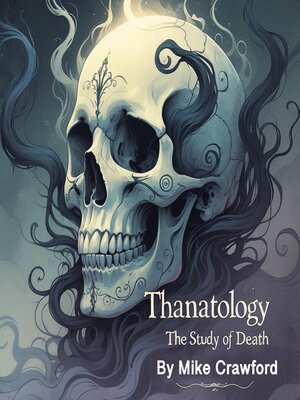
Sign up to save your library
With an OverDrive account, you can save your favorite libraries for at-a-glance information about availability. Find out more about OverDrive accounts.
Find this title in Libby, the library reading app by OverDrive.



Search for a digital library with this title
Title found at these libraries:
| Library Name | Distance |
|---|---|
| Loading... |
Thanatology, the study of death and the processes surrounding it, has deep historical roots. While the formal discipline emerged in the 20th century, human fascination with death dates back to ancient times. Early civilizations developed complex rituals, beliefs, and philosophies surrounding death, shaping the way societies understood and coped with mortality. Over time, thanatology evolved from religious and philosophical inquiries to a multidisciplinary field incorporating medical, psychological, and sociological perspectives.
In ancient societies, death was often viewed through a spiritual or mythological lens. Egyptian, Greek, and Hindu traditions conceptualized the afterlife in elaborate ways, influencing burial practices and rituals. The Egyptians, for instance, believed in the preservation of the body for the soul's journey in the afterlife, leading to the practice of mummification. Similarly, Greek philosophy—particularly the works of Plato—explored the soul's immortality and the nature of existence beyond death. These early interpretations laid the groundwork for later philosophical and religious discussions on mortality.
The Middle Ages saw the dominance of religious perspectives on death, with Christianity, Islam, and Buddhism offering moral and theological frameworks for understanding mortality. Death was often seen as a transition rather than an end, shaping attitudes toward dying and burial practices. The Black Death in the 14th century significantly influenced perceptions of death, leading to a greater emphasis on the fragility of life and the afterlife. Art, literature, and religious texts from this period reflect a deep engagement with the themes of death and salvation.







